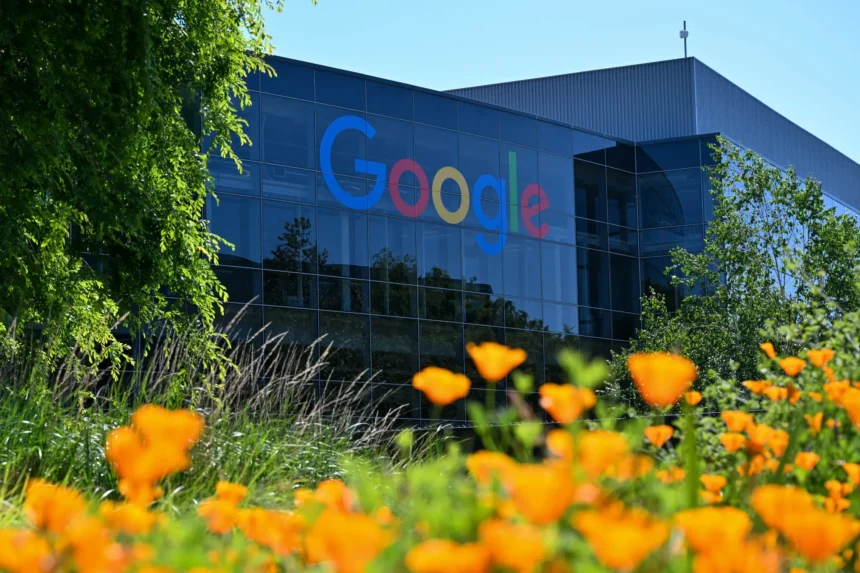In a significant legal development, Google has agreed to settle a class-action lawsuit alleging that the tech giant secretly tracked users’ internet activities, even while they were under the impression that they were browsing privately using Google’s “Incognito” mode. This settlement, which has been preliminarily agreed upon, could end a legal battle that has raised serious questions about consumer privacy and the limits of user control in the digital age.
Background of the Lawsuit
Filed in 2020, the lawsuit sought at least $5 billion in damages, accusing Google of misleading users into believing that their internet activities would not be tracked while using the “Incognito” mode in its Chrome browser. Despite the expectations of privacy, the suit alleged that Google continued to collect data through its advertising technologies and other tracking methods. Internal documents, including emails from Google, surfaced during the trial, substantiating the claims that the company had indeed been tracking users’ activities for purposes such as measuring web traffic and selling ads.
Terms and Implications of the Settlement
While the exact terms of the settlement have not been disclosed, the agreement is subject to court approval, expected to be sought by February 24, 2024. The lawsuit originally demanded at least $5,000 for each user affected by Google’s alleged privacy violations, which could have amounted to a total exceeding $5 billion. The settlement is expected to be significantly less than this figure but remains undisclosed. This agreement came after a federal judge rejected Google’s request to have the case decided without a trial, and a jury trial was set to commence in the following year.
Broader Context and User Privacy
This case is one of many recent legal challenges facing tech giants over user privacy. It reflects a growing public and legal scrutiny over how companies like Google handle personal data. Incognito mode, offered by most modern browsers, is generally understood to prevent the saving of browsing history, cookies, and site data – a feature particularly valued for its privacy implications. However, this lawsuit highlighted a significant gap between user expectations and the reality of online tracking.
Google’s settlement is part of a broader trend where tech companies are being held accountable for their data practices. Earlier, Facebook’s parent company Meta agreed to pay $725 million to settle a case regarding its handling of user data, indicating a more stringent environment for data privacy and corporate responsibility.
The preliminary settlement in this case is a pivotal moment in the ongoing conversation about digital privacy and user rights. It underscores the need for clear and honest communication from tech companies about their data practices and for users to have real control over their personal information. As the legal landscape continues to evolve, it’s expected that more such cases will come to light, prompting further scrutiny and potentially leading to more robust privacy protections for users worldwide.



